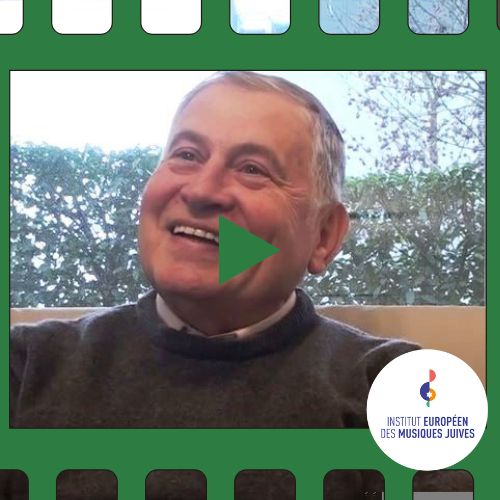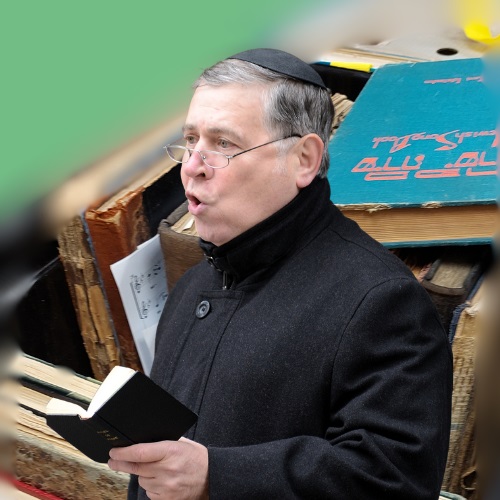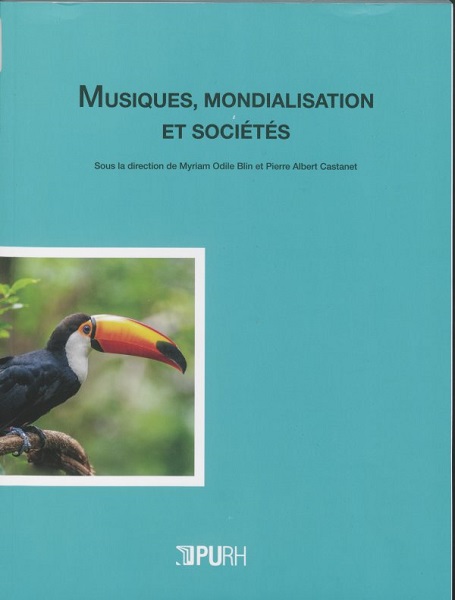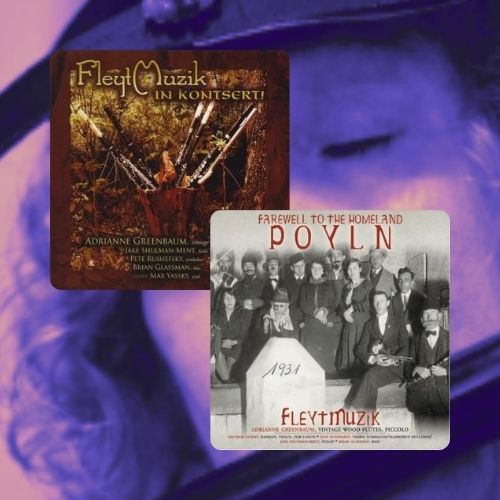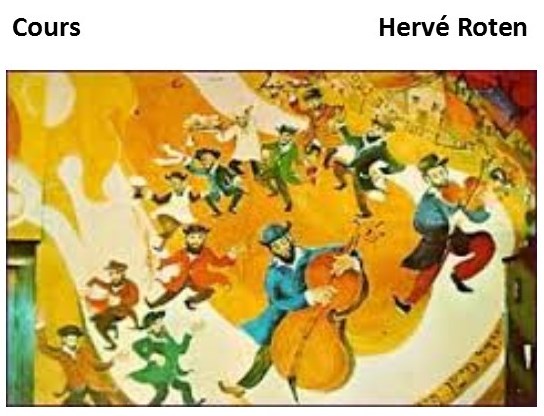
4 x 2-hour sessions with Hervé Roten
The Institut Elie Wiesel, in partnership with the Institut Européen des Musiques Juives, organizes a series of classes given by Hervé Roten on Thursdays, January 7, 14, 21 and 28, 2016 from 6:30 to 8:30 pm.
It has often been said that the Jewish people have a special relationship with music. Singing is frequently mentioned in the Bible. The prophets condemn its use for anything other than sacred purposes. This proves that the Jews, like all people on earth, sang songs for work, love or entertainment. The writings of Ben-Sira (2nd century BC) describe the instrumental and vocal practices that took place during banquets. Influenced by Greek and later Roman civilization, Jews sometimes engaged in veritable musical contests.
Unfortunately, history doesn’t preserve any musical notation from this period that we can’t read with certainty. It was not until the 12th century, with Abdias the Norman proselyte, that the written trace of two piyyutim and a cantillation was found.
In the 13th century, France was a favored land for Jews. In the south lived Jews who spoke the langue d’oc, in the north those who spoke the langue d’oïl. Influenced by local music and the poetry of the troubadours and trouvères, the Jews adapted the songs of their time with lyrics that reflected their lives. Sometimes notated, these Jewish songs have recently been the subject of a fascinating musical reconstruction (see bibliography-discography).
But Jewish song in France didn’t end in the Middle Ages. Despite the numerous expulsions of Jews from France, Jewish song was still performed in the 18th century in the former Comtat Venaissin and in the Portuguese communities of south-west France. But it was in the 19th and 20th centuries that Jewish song really blossomed: Yiddish songs by Eastern European Jews fleeing the pogroms, songs in Judeo-Spanish or Arabic by Jews from the Ottoman Empire or the Maghreb.
Numerous artists set out in search of an infinitely rich repertoire. Between fidelity and creativity, they are smashing boundaries and bringing Jewish songs into the mainstream of World Music.
This non-exhaustive itinerary of Jewish song in France takes you on an original musical journey through a wide range of sound and audiovisual extracts.
Bibliographie
– Hervé Roten, Musiques liturgiques juives (including a CD), Cité de la Musique/Actes Sud, 1998
– Amnon Shiloah, Les traditions musicales juives, Maisonneuve & Larose, 1995
– Charles Dobzynski, Le monde yiddish : littérature, chanson, arts plastiques, cinéma : une légende à vif. Paris, Harmattan, 1998
Discography
– Juifs et Trouvères – Chansons juives du XIIIe siècle en ancien français et hébreu, CD coll. Patrimoines musicaux des Juifs de France, vol. 12, Buda Musique, 2014
– Jacques Grober – Chansons yiddish d’hier et d’aujourd’hui, CD coll. Patrimoines musicaux des Juifs de France, vol. 7, Buda Musique, 2008
– Musiques juives dans le Paris d’Après-guerre – Elesdisc 1948-1953. CD coll. Archives, Editions de l’IEMJ, 2015
Schedule: Thursdays, January 7, 14, 21 and 28, 2016 at 6:30pm
Price: €60 (€30 for students)
Advance registration on the website Institut Universitaire d’Etudes Juives Elie Wiesel

